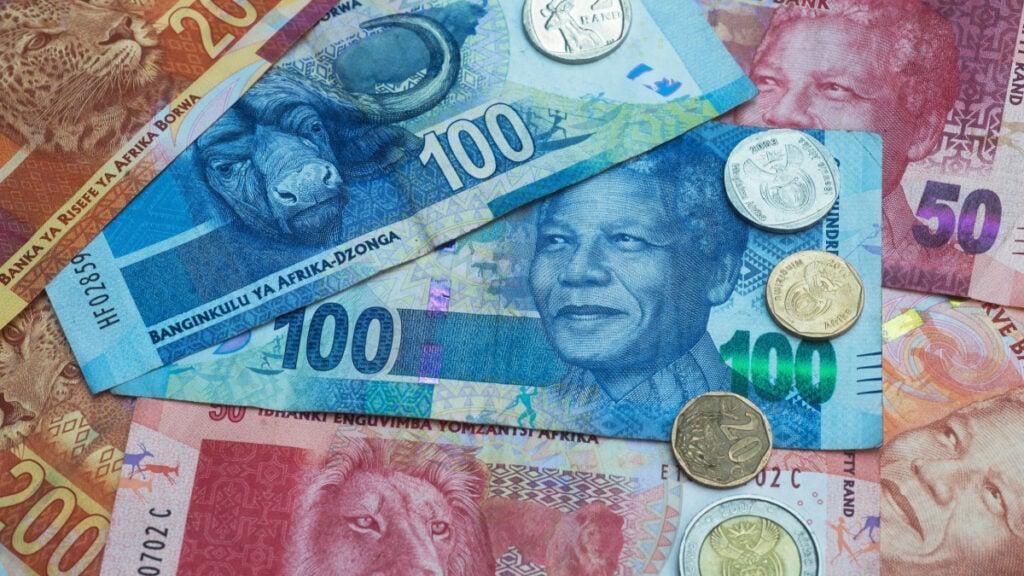Africa-Press – South-Africa. Most South Africans now favour digital payment offerings over cash, and the use of physical banknotes is declining for the vast majority of transactions.
This has been driven by increased trust in digital payment methods, increased online spending, and the recognition of the cost of using cash.
Discovery Bank and Visa revealed this in their SpendTrend 25 report, which outlined how much South Africans spend, where they spend their money, and how they spend it.
The bank’s CEO, Hylton Kallner, said the report is the most comprehensive analysis of spending in South Africa, drawing on data from over 2.6 billion transactions.
The bank compiles the report using data it collects from its client base alongside Visa’s data. It also surveyed 1,000 South Africans across different banks and income segments.
Kallner explained that one of the major trends the bank flagged in the past year was the reduction in the use of cash, even for smaller value transactions.
While the reduction in the use of cash has been going on for years, it has largely been confined to higher-income individuals and larger transactions.
Cash was still predominantly seen as a cost-free way to transact, with no fees attached to the payment of cash at a store.
However, Kallner said this has shifted recently, with merchants realising the cost of handling cash in terms of safety and logistics.
The rate of the decline in cash usage is now accelerating, with digital payments increasingly being used for smaller transactions.
Data from Discovery Bank and Visa shows that 67% of South Africans use cash only a few times a month or not at all.
Interestingly, an even higher percentage of older people – 81% of those aged 51 and over – said they use cash a few times to never.
The data also revealed that 84% prefer using cards or digital payments whenever they can. Among younger consumers, 83% used digital payments more in 2024 than they did in 2023.
This is largely driven by shifting perceptions around convenience, security, and rewards.
Where cash is still king
The data also shows that digital payments have a long way to go in replacing cash for small transactions, typically below R100.
Cash is still seen as more convenient and immediate for small transactions, while safety concerns can be overlooked as an individual is not carrying a large amount of money.
Data from the Reserve Bank supports this, showing that cash circulation has remained steady since 2009, with R171 billion in the local economy.
This means that while digital payments are rapidly growing, cash remains a key part of the local economy.
Reserve Bank data shows that nearly half of all adults withdraw all their money as soon as it is deposited in their accounts. This results in most payments in South Africa being conducted using physical banknotes.
Despite the persistence of cash, the notion of a cashless society may seem inevitable, given the rising adoption of digital payment methods.
Digital payments in South Africa—boosted by innovations such as PayShap—have seen a notable uptick, with card payments increasing by 7% since 2023.
Since launching in 2023, PayShap has processed over 136 million transactions worth more than R100 billion. Most of these also occur in real-time.
The convenience of these digital options presents a clear value proposition to retailers and consumers alike, especially with the associated savings in the cost of cash handling and processing.
As digital payments continue to grow, there’s a clear shift towards real-time payments, driven by consumer demand for speed and affordability.
Consumers increasingly favour platforms that offer both fast and affordable transactions, pushing the demand for real-time payment solutions that meet both needs.
This has also been coupled with a rise in the use of virtual cards and digital wallets, which are seen as more secure and convenient than other digital payment methods.
Like physical cards, they can be used in-store, online and in-app, but with added safety to protect sensitive information.
Virtual cards are even more convenient as these cards are issued to clients instantly in their banking app, allowing clients to transact immediately as opposed to waiting for a physical card to be delivered.
For More News And Analysis About South-Africa Follow Africa-Press






